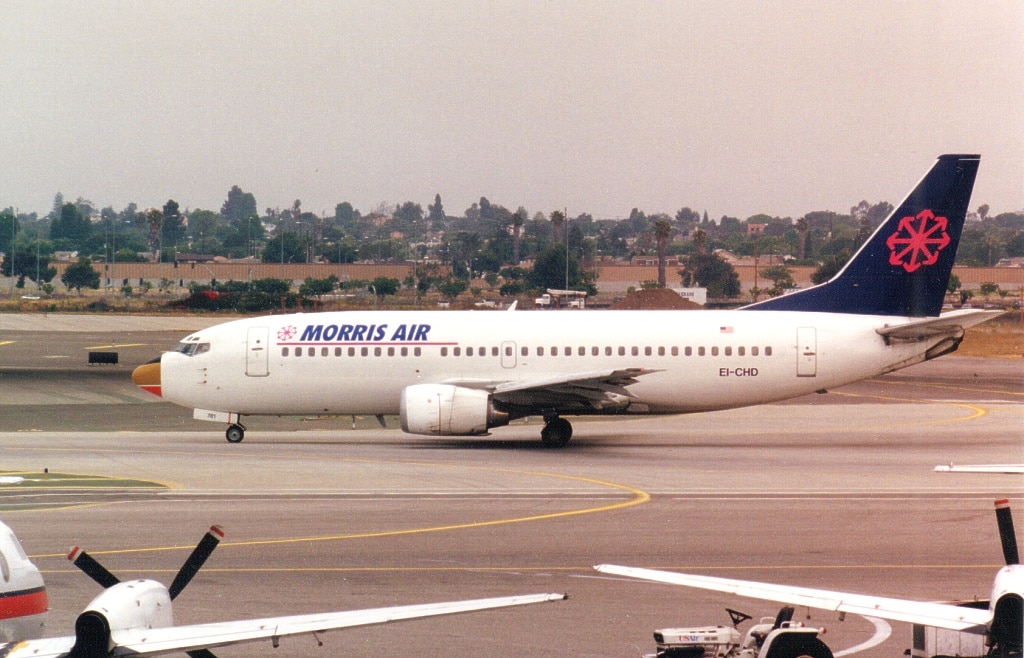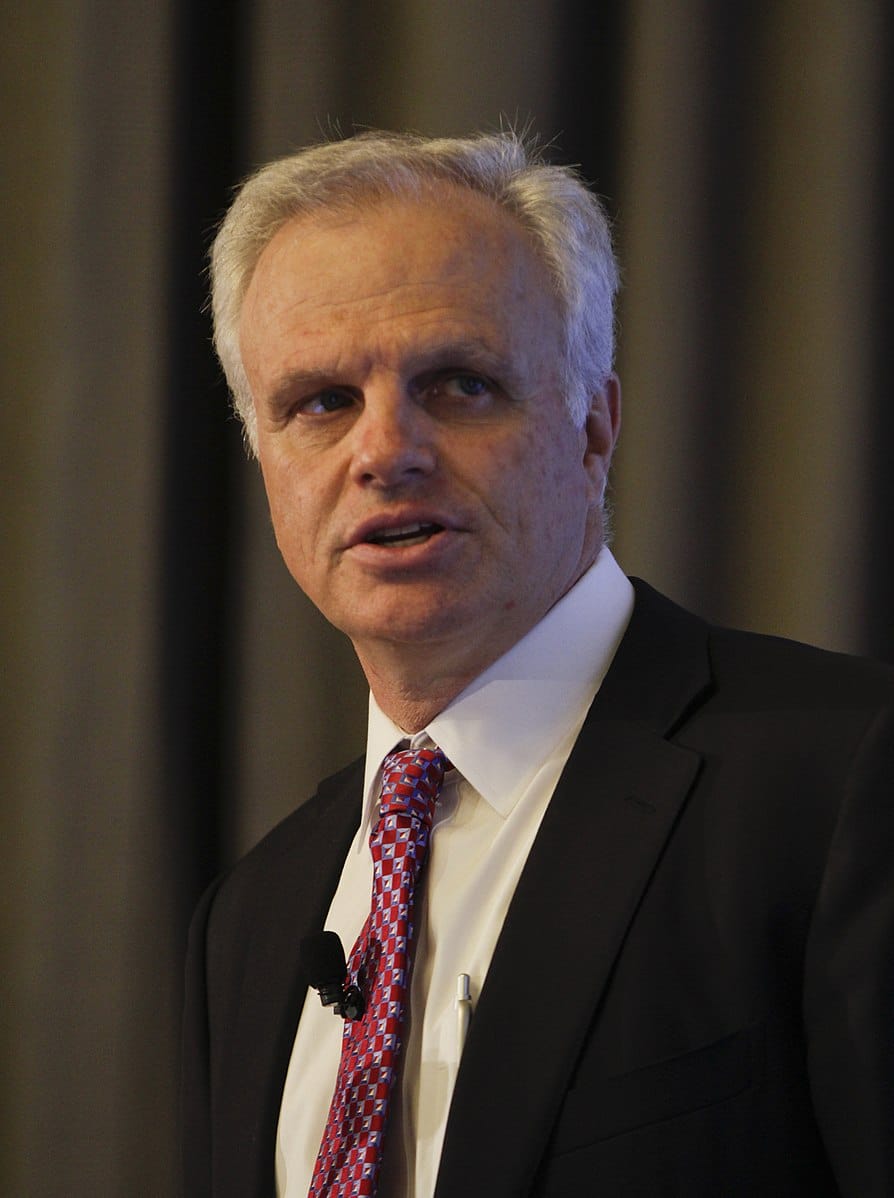Morris Air was ‘the’ low-cost breakout airline of the 1990s. In an era that featured way more startup airlines than successes, Morris Air was one of the few on track to become a competitive force in the US.
It was an airline so good that it made Southwest Airlines nervous. So much so that they bought the airline just a few years after founding.

June Morris: The Woman Behind It All
Morris Air was founded by businesswoman June M. Morris. Morris’s foray into entrepreneurship started in 1970 with the founding of her travel agency, Morris Travel, which is credited with bringing low-cost flights to Utah, where she was based.
Eventually, Morris Travel launched Morris Air 14 years later in 1984. The charter service offered charter flights and travel packages all across the West Coast, and even as far afield as destinations such as Hawaii and Alaska.
Morris, however, did have a partner in the business, one that would go on to become far more famous in the aviation industry than herself — David Neeleman. As many of you know, David who would later have had his hand in WestJet, JetBlue, Azul and the forthcoming airline Breeze.

While building her brand, Morris was also smartly keeping a close eye on Southwest. One New York Times article even claimed she modeled Morris Air completely after Southwest. The writer attributed this claim to her low fares; budget, economy-class service; and fleet of Boeing 737 jets.
As CEO, Morris was said to have a unique business and management style. This resulted in unprecedented innovations such as the e-ticket. Back in the 90s, all tickets were still paper.
Morris Air was the first airline ever to invent e-ticket travel, thanks to one employee’s ingenuity. Southwest often gets the credit — though more on that later.
The Rise of Morris Air
Morris Air started small as they transitioned from charter to scheduled service. It was based out of Salt Lake City International Airport. Technically, until 1992, these charter flights were operated by Ryan International and Sierra Pacific Airlines. In 1992, Morris Air obtained its FAR 121 operating certificate and began operating as an independent carrier.
By this time, Morris Air provided service to 28 destinations on the West Coast. It eventually expanded its fleet to include 25 Boeing 737-300 jets.
A year later, in 1993, Morris Air received recognition as Utah’s top woman-owned-and-operated business, and the United States’ 33rd top woman-owned-and-operated business.
In 1993, Morris Air was offering more than 1,000 flights each week. Destinations were scattered all over destinations, mostly in the western US.
This success would not go unnoticed in the aviation industry.
Southwest takes note…then buys it
In 1994, June Morris turned her attention elsewhere, citing health issues. It was the perfect opportunity for Southwest to make its move and solidify its presence on the west coast while removing a formidable competitor.
Morris sold Morris Air to Southwest Airlines in a stock exchange worth $129 million. At the time, Southwest was about eight times the size of Morris Air. The purchase gave Southwest more than two dozen additional destinations it previously did not have. It also gained a new Salt Lake City hub, which it hoped to use to compete with Delta Air Lines.
Southwest has called the acquisition “the largest growth of its kind in our company’s history.” Although the Southwest hub never really materialized, other cities like Seattle, Portland and San Jose grew a sizable amount with the acquisition.
The acquisition was a tremendous boost for Southwest. Southwest gained routes, aircraft, and even incorporated some of Morris Air’s innovations. In particular, Southwest integrated Morris Air’s ingenious e-ticketing idea.
This was what eventually led to Southwest receiving credit as the first airline in the world to offer ticketless travel. Morris herself was also offered a spot on the Southwest Airlines Board of Directors, where she remained for more than a decade.
As for David Neeleman, he went on to serve on Southwest’s Executive Planning Committee for a while. Due to non-compete clauses, he was prevented from founding another airline in the US for a period.
He became the CEO of Open Skies, a touch screen airline reservation systems company acquired by HP. Later, he assisted with the founding of both WestJet and eventually JetBlue.
Neeleman then went on to found Azul in Brazil. He’s planning his return to the US airline industry with a new airline called Breeze that is supposed to begin service sometime in late 2020.

This article is factually incorrect. For example, Morris Air did not have e-tickets, they were ticketless, which was their real innovation. Also, David Neeleman was an employee at Morris Air, when their Spring Break charter airline went bankrupt, and he suggested to start their own wet-lease charter.